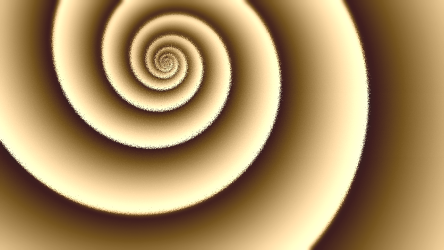Vestibular Migraine and Additional Symptoms
A new study is helping us to further understand vestibular migraine (VM) and related types of migraine. The study, published this spring, tried to identify more specifically some of the symptoms that patients with VM experience.

Understanding and identifying these symptoms will help you and your doctor find better treatment. Let’s take a quick look at what the study found:
Ongoing Dizziness?
Officially, vestibular migraine involves temporary symptoms, lasting during part of or all of your migraine attack. However, the study found that many patients experience at least some level of dizziness between attacks. In fact, almost half reported almost constant dizziness. The researchers suggested that this should not lead doctors to write off VM as a diagnosis.
Persistent Postural-Perceptual Dizziness (PPPD)
The researchers define PPPD in this way:
This disorder presents with non-spinning vertigo, dizziness, or unsteadiness occurring on most days for at least 3 months, and worsened by movement, upright posture, and exposure to moving or complex visual stimuli.
Beyond Vertigo: Vestibular, Aural, and Perceptual Symptoms in Vestibular Migraine
It looks like PPPD may often go hand in hand with migraine (about 1/3 of patients with PPPD also have migraine) – especially VM (about 17%). In fact, knowing that VM patients may have symptoms between attacks, the two disorders may “blur” into one another, being confused.
Mal-de-Debarquement Syndrome (MDDS)
Literally “landing sickness” or “disembarkment syndrome”. You know how you get off the boat and you feel like you’re still moving? This goes to extremes in people with MDDS. In fact, some patients just develop it for no known reason, spontaneously. Patients with MDDS do indeed have a higher likelihood of migraine.
Tinnitus
Tinnitus is a perception of noise in the ear, often a “ringing”. 25-50% of VM patients report tinnitus. Tinnitus can be very difficult to treat, but researchers point out that some patients do indeed improve when they treat their migraine attacks.
Other Hearing/Ear Issues
This would include a sense of fullness in the ears, noises in the ears, or actual loss of hearing. Many of these things do seem to be linked to migraine, and again, treating the migraine may also treat the hearing disorder.
Perceptual Symptoms
Once again, we’re putting a whole range of symptoms under one title. This would include things like feeling like things are out of proportion, farther away or closer. It could also be the feeling that time is moving too fast or too slowly. There may even be visual distortions, kinds of hallucinations. There’s a long and fascinating list in the study under this heading.
Many of these symptoms may be a part of a migraine attack, but there could also be another underlying symptom.
Why This is Important
It’s important to know the various common symptoms so that you can notice them in yourself or a loved one. With the pain of migraine, it’s very easy to overlook other symptoms, especially if they seem to persist even when you don’t have a headache.
Noticing these symptoms can help in two ways:
- You may have another condition, which will require a unique treatment.
- You may benefit from a specific migraine treatment that will help with these specific symptoms.
Doctors should take a look at this study if they have patients with migraine, and especially VM. But patients should be aware as well of the value of recognizing and naming any symptoms that they notice.
The researchers say it this way:
Vestibular migraine is an underdiagnosed disorder. It may present with a wide range of symptoms, but only a few are represented in the diagnostic criteria. Familiarity with the other non-vertiginous symptoms may help clinicians recognize this diagnosis more often, especially when vertigo is not the patient’s main concern. As many of these symptoms may present in migraine more generally as well, knowledge of the broad range of possible presentations should improve patient care. Many patients who could benefit from migraine therapy will be missed if only the most common migraine symptoms are assessed.
Beyond Vertigo: Vestibular, Aural, and Perceptual Symptoms in Vestibular Migraine
